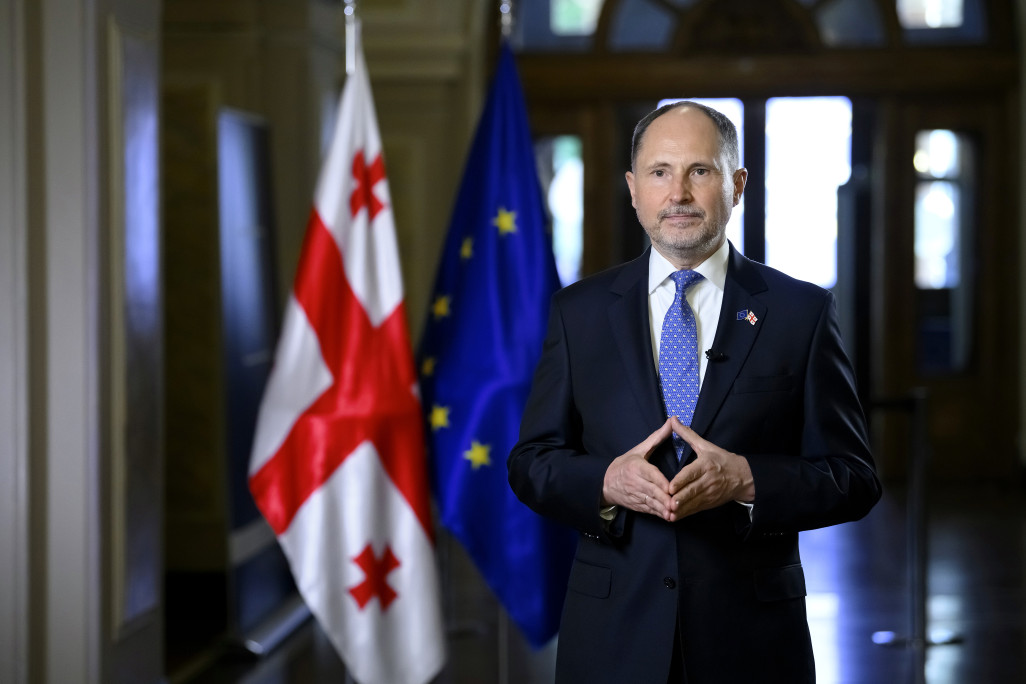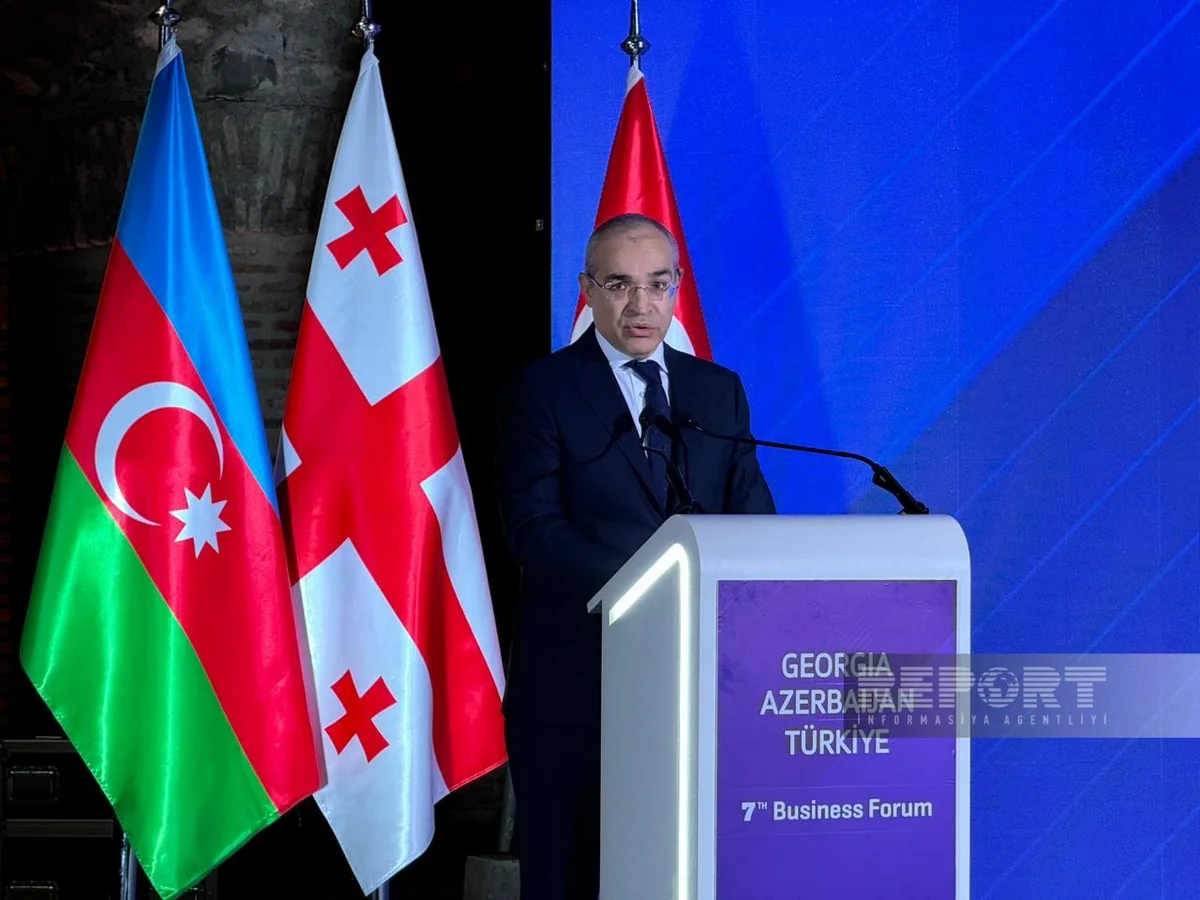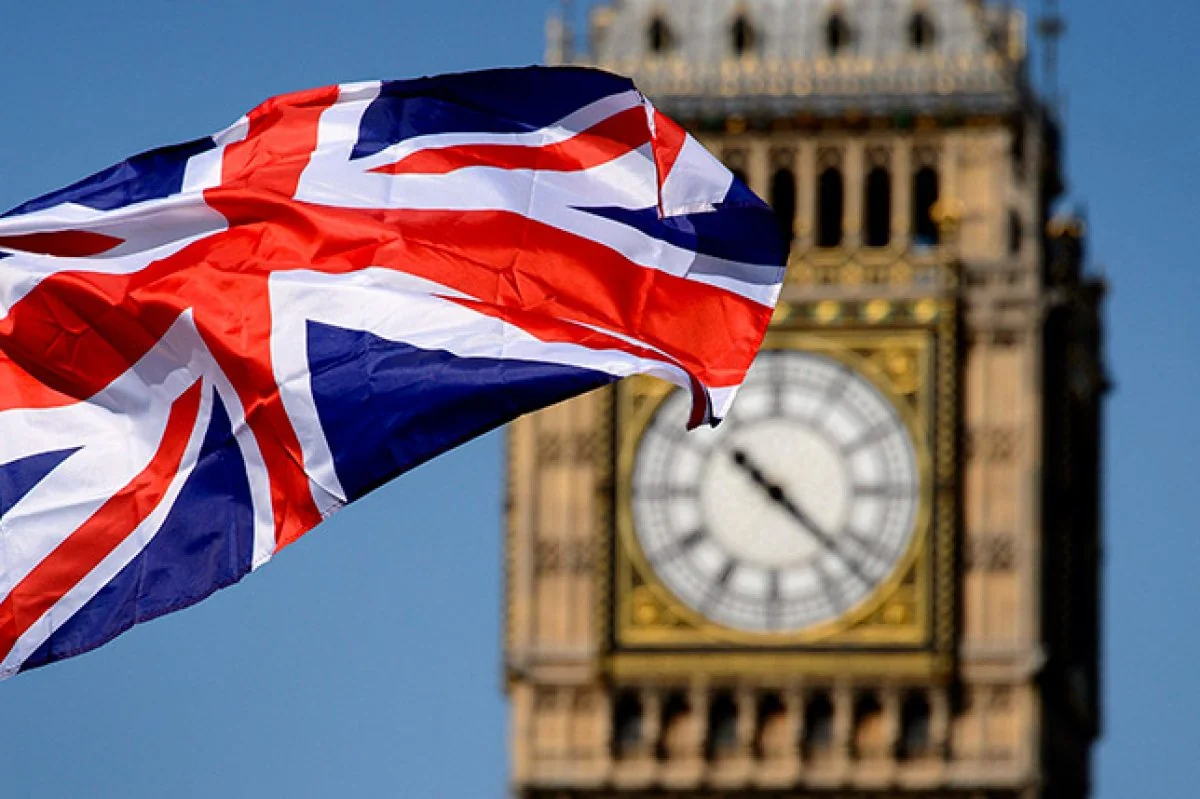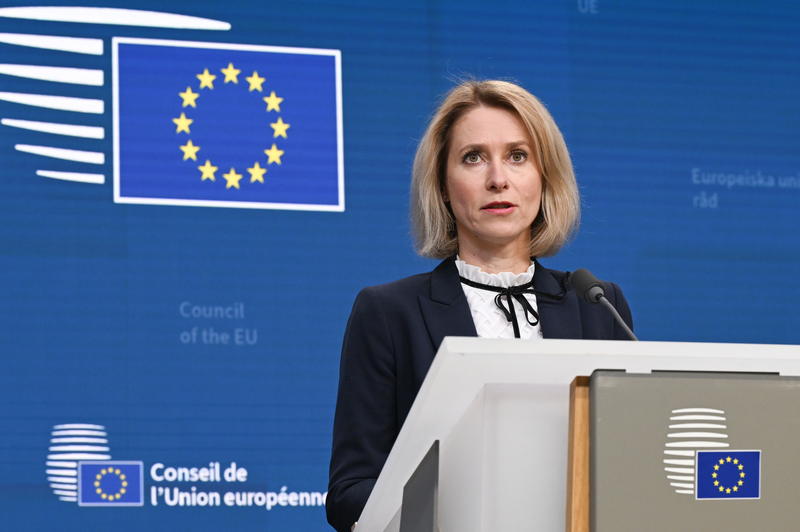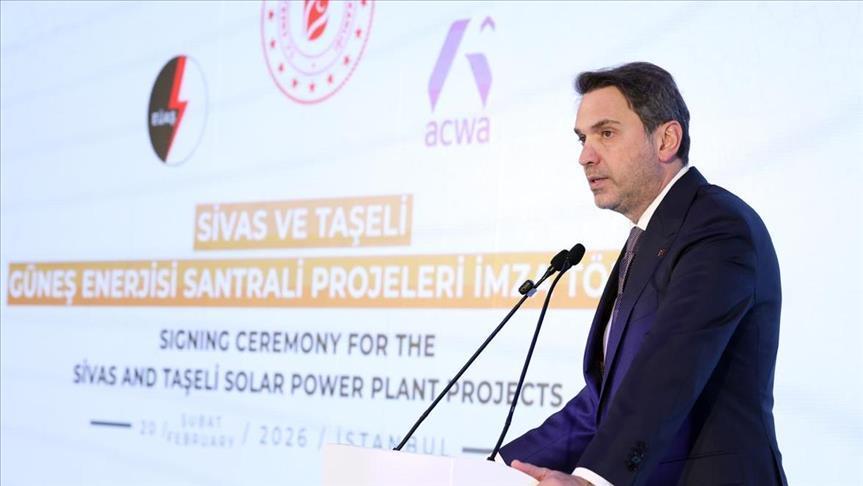EU says Georgia must change course before EU membership talks can begin. The European Commission on Wednesday told Georgia that it will not be able to recommend opening European Union membership talks with the country unless it changes course. According to the Ambassador of the European Union to Georgia, Paweł Herczyński Georgia's setback is "unprecedented for a country that aspires to EU membership."
„I have invited you to present the European Commission’s second enlargement report on Georgia. It is published just a few days after the parliamentary elections in which Georgia’s European future was a central theme. A year after Georgia was granted candidate status, it is timely to take stock of where Georgia is on its European path.
The annual enlargement report exercise is common to all 10 countries that have applied to join the EU. It is a moment of assessment and reflection. The enlargement report focuses on progress in implementing fundamental reforms in all areas, and provides guidance on the reform priorities ahead.
Accession to the EU is a strategic and sovereign choice of each country. However, once you apply, you accept the scrutiny from the European Commission of your country’s preparedness for EU membership.
A year ago, this moment was an opportunity to celebrate. The Commission recommended granting EU candidate status to Georgia, a recommendation that was unanimously confirmed by the EU member states in December. For both the EU and the Georgian people, this was an unforgettable day of hope. It was, for me, the highlight of my professional career.
One year later, today there are unfortunately not many reasons to celebrate. Due to the course of action taken by the Georgian government, EU leaders stopped Georgia’s accession process. It remains on hold as long as Georgia continues to move away from the EU, our values and our principles.
Today’s report is a fair assessment of developments over the last 12 months. It recognises progress made in several technical files. For instance:
-
- In the energy sector a long-delayed market opening has partially begun;
- The reform ambitions in the fields of environment, climate and waste management have been noted;
- There have been important developments in public procurement.
I wish I could report more such positive achievements. Regretfully, they are overshadowed by worrying democratic backsliding, and hostile anti-EU narratives and disinformation.
Georgia’s candidate status was granted ‘on the understanding’ that nine steps – related mostly to rule of law and democracy – would be taken. Unfortunately, there was no sufficient political commitment by the Georgian authorities to implement the necessary reforms.
Since last year’s report, Georgia has made insignificant progress on implementing most of the nine steps. Today’s report shows clear backsliding on the steps related to the fight against disinformation, political polarisation, on elections, and on human rights.
The report also states that there has been backsliding on the most important chapter which concerns the ‘judiciary and fundamental rights’. Let me say clearly: this is unprecedented for a country that aspires to join the EU.
EU accession is and will remain merit-based. It is fully dependent on the objective progress achieved by each country. This year, Georgia has gone backwards while other candidate countries have advanced, some of them already opening accession negotiations.
One of the nine steps concerns the conduct of elections. The Parliamentary elections in Georgia were marked by serious irregularities. Irregularities that are not compatible with the standards expected from a candidate to the EU. Violations reported by international observers need to be swiftly, transparently and independently investigated. International observers have not declared the elections to be free and fair. Neither have they declared the contrary.
What’s next? The future of EU-Georgia relations is now in the hands of the Georgian leaders.
I invite the authorities to read this enlargement report very, very carefully. It offers a clear path to re-engagement and roadmap towards a possible EU membership of Georgia. But its implementation will require genuine political will and recommitment to our non-negotiable values and principles, upon which EU is built.
The enlargement process is a merit-based process and only if Georgia delivers on the reforms, it will advance on the EU path. There are no secrets and no shortcuts. Georgia’s next government should reverse course, recommit to democratic principles and values if it wants to bring the country closer to the EU. This has to start with full transparency about the electoral process.
The EU’s door remains open for Georgia. I sincerely hope that Georgian authorities will honour the aspirations of the Georgian people who have always supported Georgia’s European path. Please do not lose hope!“ Paweł Herczyński said.


